
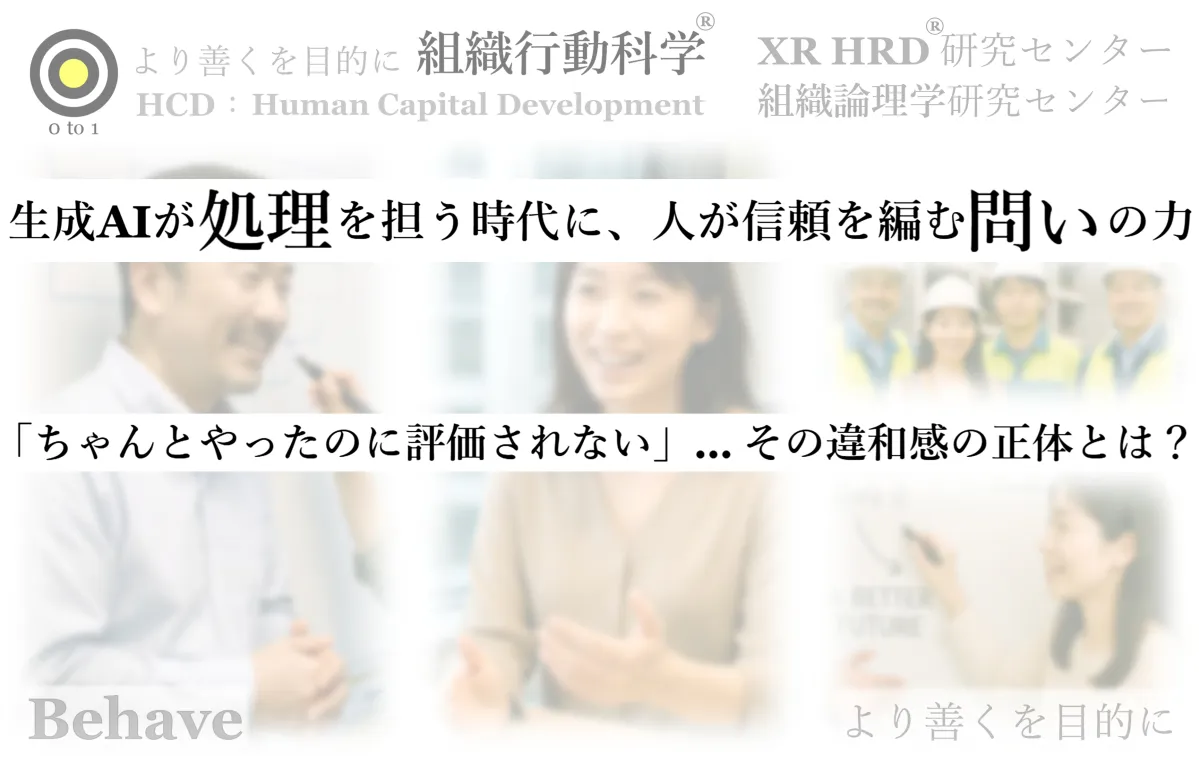
Exploring the Hidden Structures Behind Feeling Undervalued in Work Evaluation
Understanding the Frustrations of Being Undervalued at Work
In recent discussions surrounding workplace evaluations, many have expressed a common frustration: despite diligent efforts and thorough work, recognition and advancement seem elusive. What lies at the heart of these feelings of being undervalued?
The answer may not rest in individual performance or skills but rather in the maturity of the 'subject of the question.' This concept delves into how the framing of questions can significantly influence perceptions of trust and evaluation in a corporate environment.
The Essence of the Concern
Organizations thrive on trust and collaboration, yet many individuals report feeling unrecognized despite adhering to best practices. Questions arise, such as:
- - "Why am I not acknowledged for completing tasks as planned?"
- - "Despite my careful approach, why do business opportunities remain stagnant?"
This disconnect reveals a deeper structural gap in our understanding of evaluation and trust. By examining the nuanced relationships between actions, intentions, and the processing capabilities of AI, we can develop more effective strategies for fostering trust within organizations.
Key Structural Observations
This document outlines three critical structural perspectives underpinning behaviors that often go unrecognized:
1. Immaturity of the Questions' Subject: This refers to how questions can evolve from self-centered perspectives to those encompassing broader relations and societal contexts.
2. The Role of Intent in Trust Formation: Trust stems not merely from actions but from comprehensive intentions behind those actions, emphasizing the importance of motivations.
3. Division of Roles Between AI and Humans: While AI excels at processing information, it’s the human element that adds depth and meaning, thereby nurturing a culture of querying and exploration.
In the contemporary workplace, enhancing computational capabilities alone won't suffice. What we urgently need is a culture that cultivates trust through meaningful questioning.
Who Should Read This?
This publication is intended for:
- - Anyone who feels they have worked hard yet remain unacknowledged.
- - Managers grappling with how to appropriately evaluate their team’s efforts.
- - Executives and HR leaders seeking to innovate talent development and evaluation systems in the wake of AI advancements.
Insights Offered by This Publication
Readers will discover:
- - How misunderstandings regarding the subject of questions can lead to misalignments in evaluations and trust.
- - That trust is cultivated not simply by actions taken but by understanding the intent to improve others.
- - Practical methodologies to integrate questions into evaluation systems, including sample inquiry frameworks and guides for connecting these elements.
- - Considerations for defining uniquely human roles in an era ruled by AI.
Structure of the Recommendations
The recommendations are presented as follows:
1. Chapter 1: The Reality Behind the Feeling of Being Undervalued
2. Chapter 2: The Maturity Model of Questions and the Shift in the Subject
3. Chapter 3: Trust as an Extension of Inquiry
4. Chapter 4: The Significance of Human Questions in the Age of AI
5. Chapter 5: Your Questions Can Shape the Future
6. Chapter 6: Evaluators’ Questions: Cultivators or Destroyers of Trust
By examining these aspects, the document aims to bridge the gap between earnest efforts and recognition through clearer understanding and communication.
Conclusion
The essence of culture is built upon the questions we choose to embrace. A fundamental query remains, "How does the 'correctness' you hold dear contribute to the goodness of others?"
Finding immediate answers may not be necessary, but carrying this inquiry can serve as the catalyst for meaningful actions that mend and grow trust within any organization.
To further explore this compelling subject, you can access a free PDF download of the full proposal at this link.
Request Inc. is spearheading the study of human behavior driven by organizational behavior science. Our commitments have supported the development of human capital across over 930 companies spanning diverse sectors; we aim to facilitate a culture that strives for 'betterment.'
For inquiries about this proposal or our services, please contact:
Request Inc.
Human Capital Development Team
Email: [email protected]
Explore further our related recommendations in the series:
- - First Edition: Transitioning to a 'Chosen Company' Beyond Efficiency
- - Second Edition: Nurturing Meaning in Work Alongside AI.
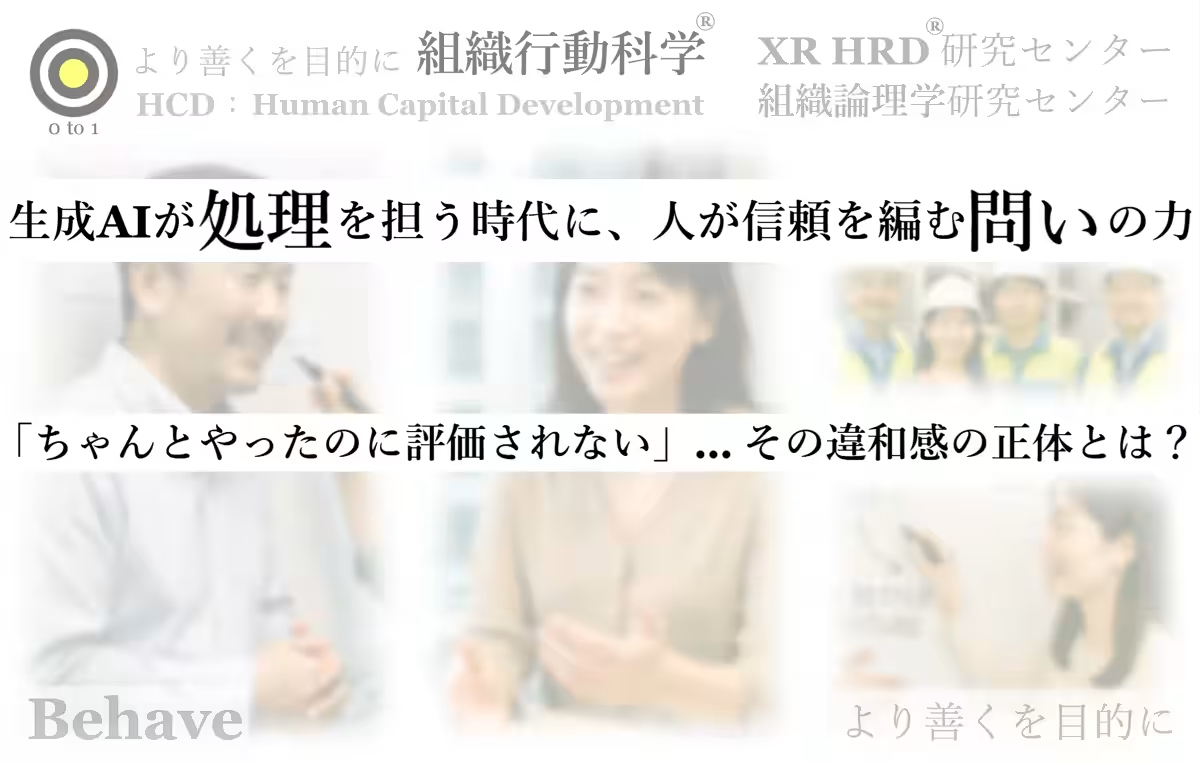

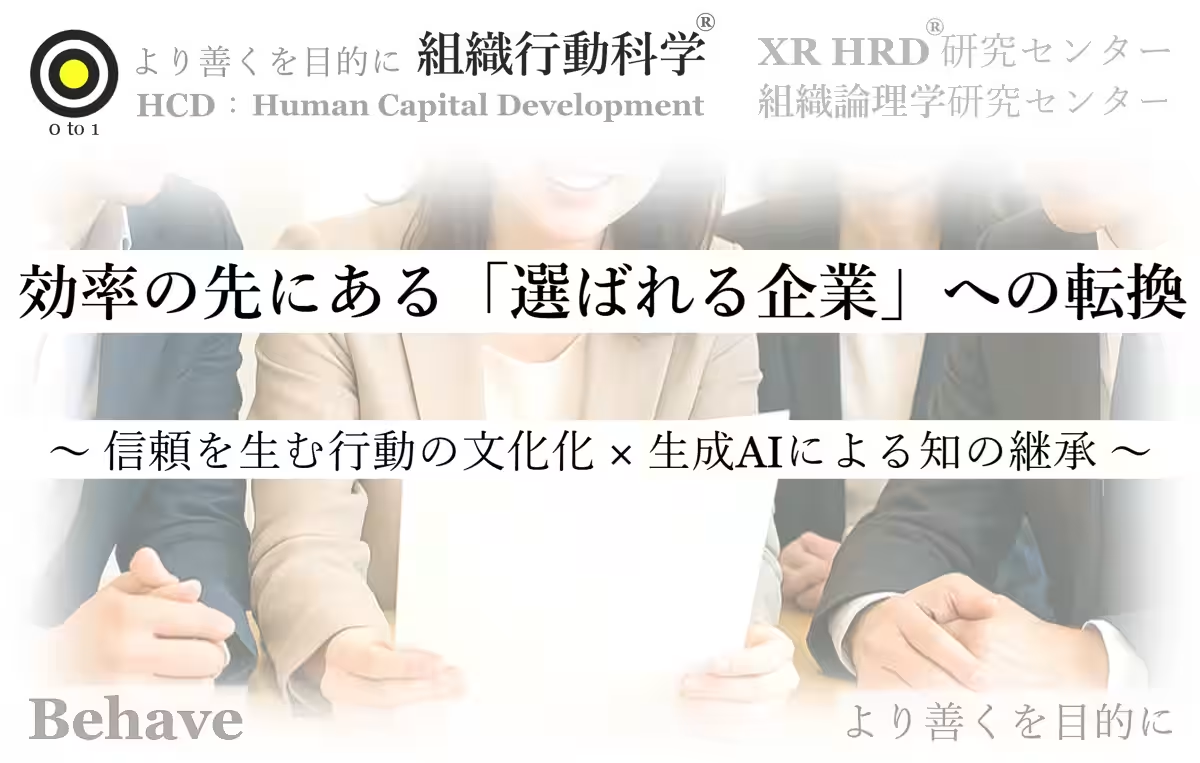
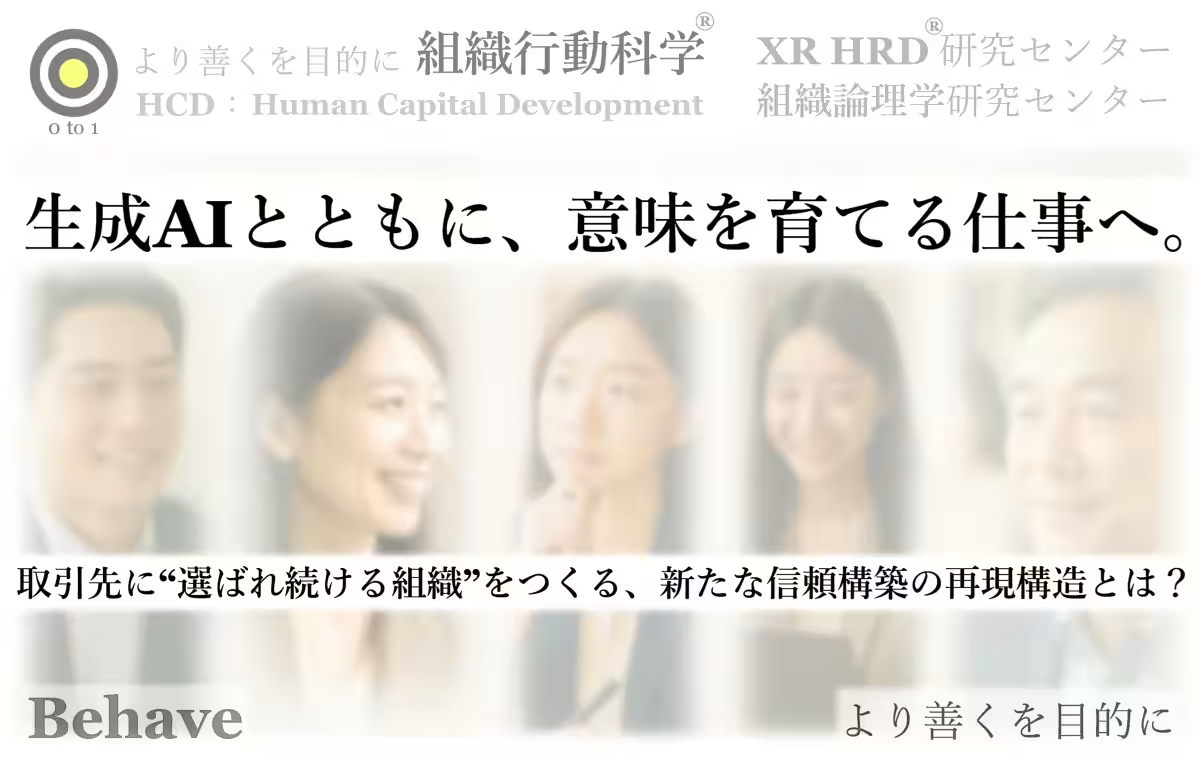
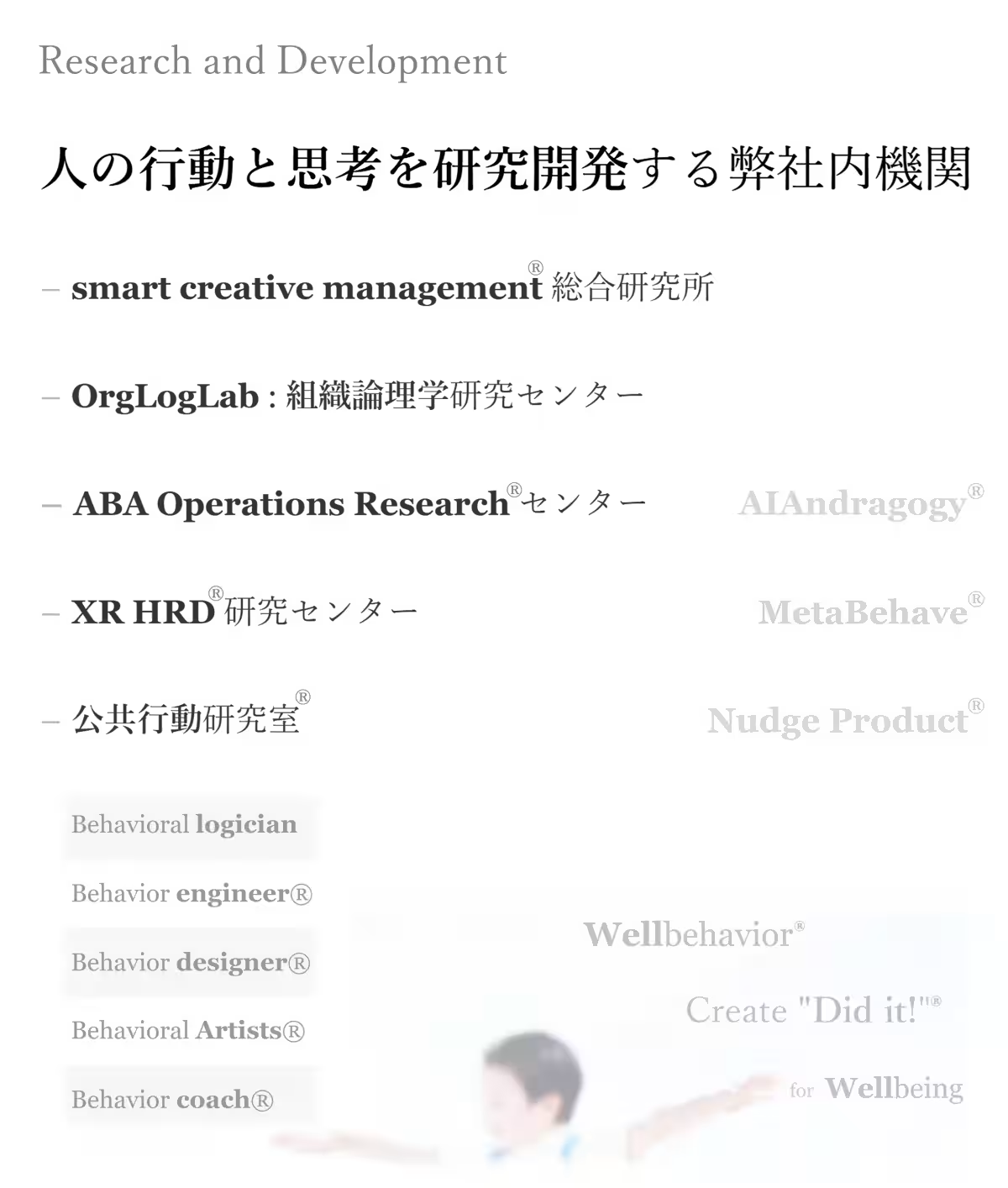





Topics Business Technology)










【About Using Articles】
You can freely use the title and article content by linking to the page where the article is posted.
※ Images cannot be used.
【About Links】
Links are free to use.